Our projects
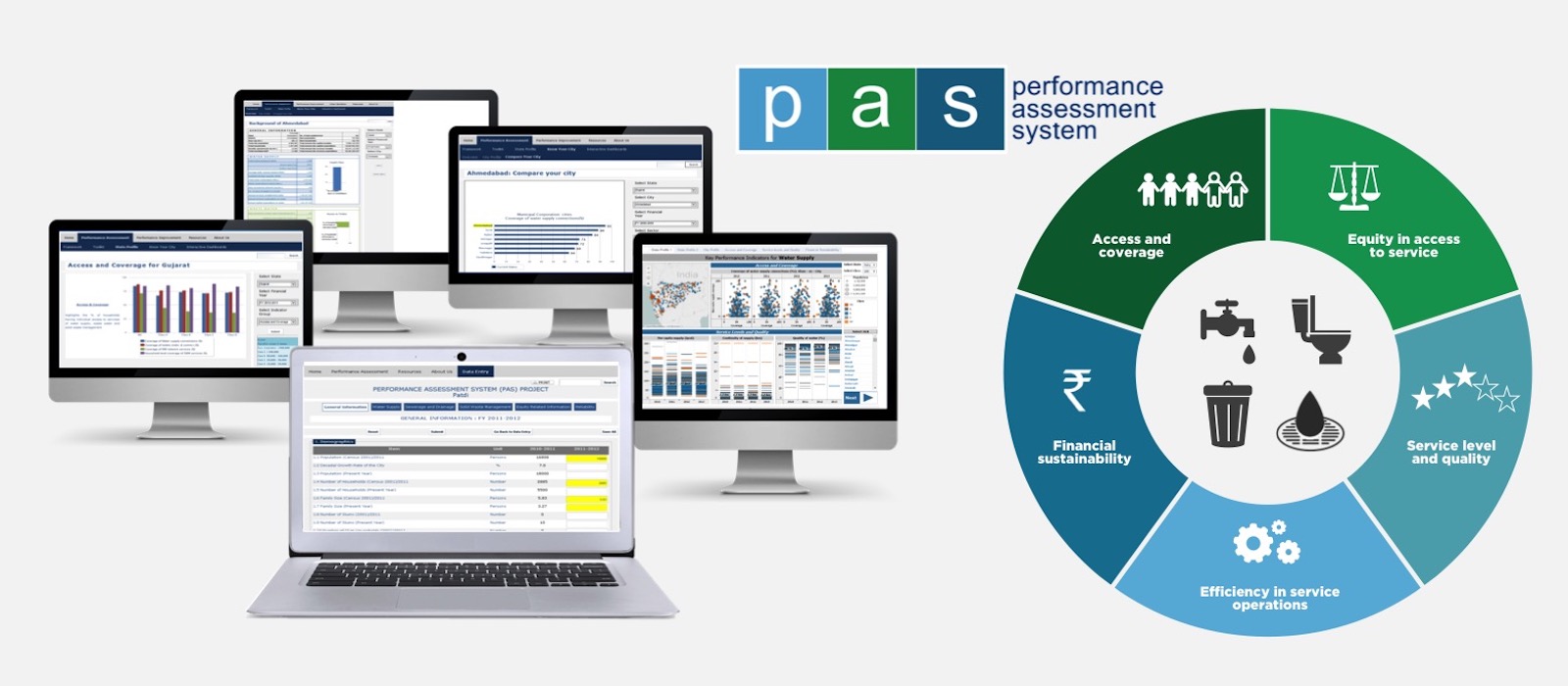
2009 – Ongoing | Funded by – Bill and Melinda Gates Foundation (BMGF) | Developing better information on urban water and sanitation services delivery through performance indicators. PAS portal now has information of nearly 1000 cities and is linked to the City Finance and AMPLIFI SMART cities portals of Ministry of Housing and Urban Affairs.
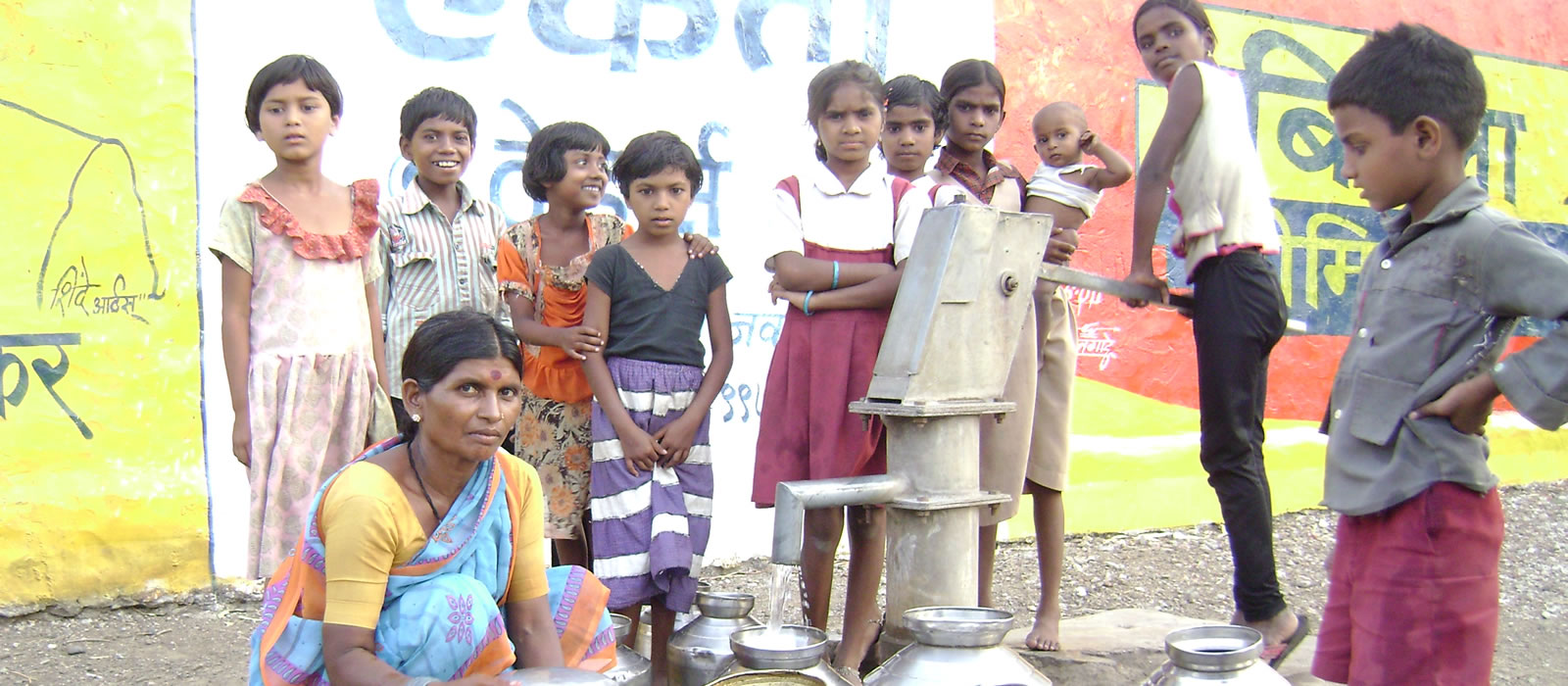
2011 – 2013 | Funded by – Ahmedabad Municipal Corporation (AMC) | Developing a slum information system and slum atlas for Ahmedabad Municipal Corporation area. CWAS team also prepared a slum action plan to achieve universal access to water and sanitation services.
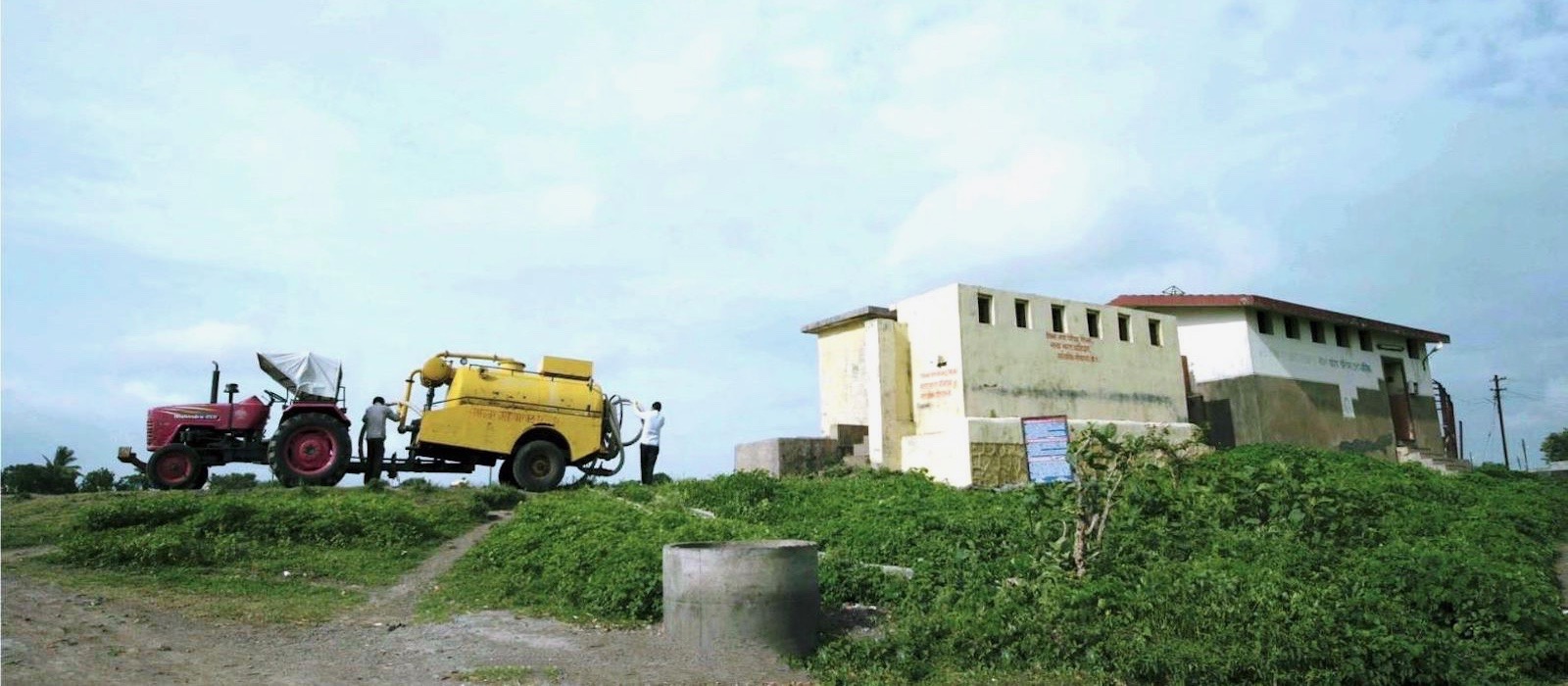
2013 – 2021 | Funded by – BMGF and DFID | Piloting approaches for non-networked sanitation in two towns – Wai and Sinnar. Both cities have implemented scheduled desludging of septic tanks, faecal sludge treatment plants, private sector engagement and sanitation tax funding.

2015 – 2017 | Funded by – Arghyam | Supporting documentation of innovative processes related to participatory ground water management in Bhuj and exploring potential for scaling up. A toolkit for Urban Water Security was prepared for developing urban water security plan.
2016 – 2017, 2017 – 2018, 2020 – 2021 | Funded by – NIUA | Training modules, capacity building and exposure visits for sanitation stakeholders as part of the Sanitation Capacity Building Platform of NIUA.
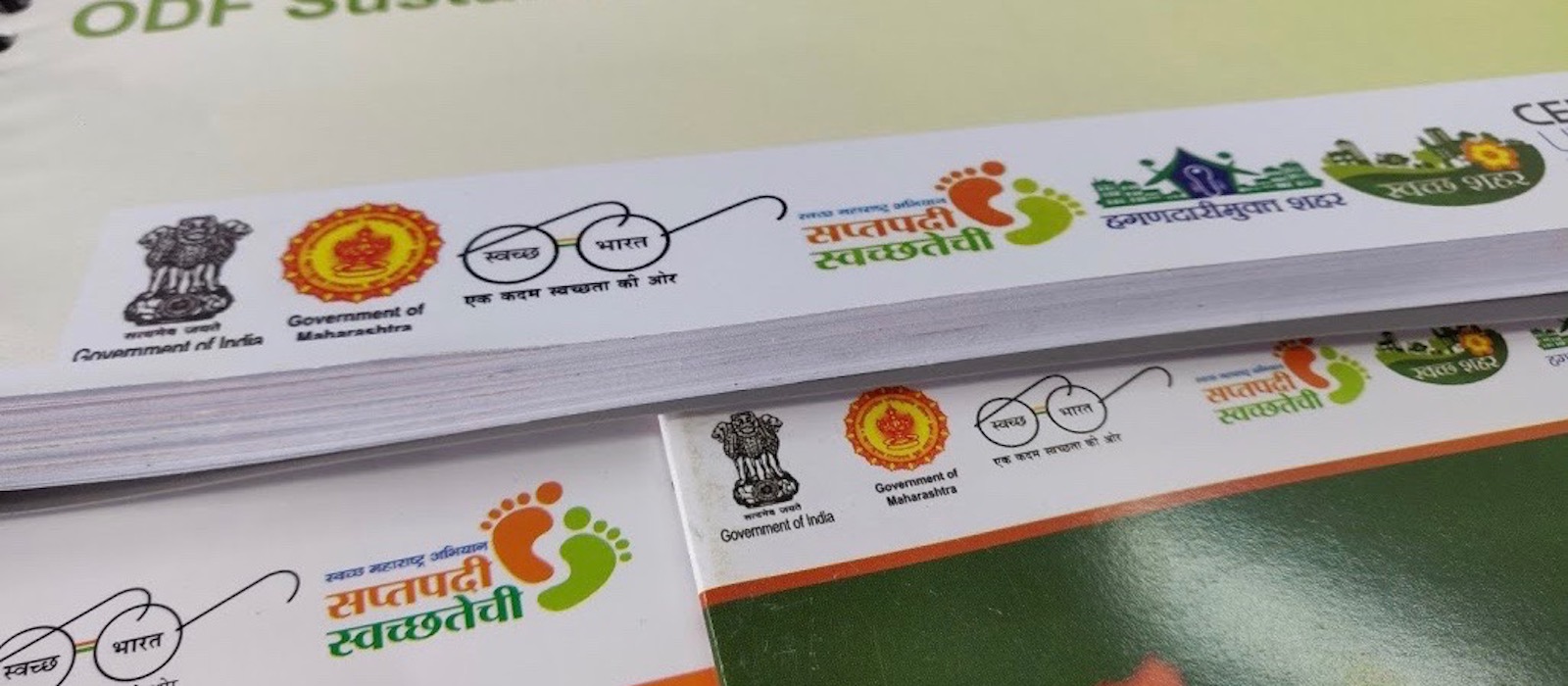
2016 – 2020 | Funded by – BMGF | Support to the government of Maharashtra to make and sustain cities as open defecation free (ODF) through implementation, policy support, resource materials and capacity building.

2017 – 2018| Funded by – BMGF | Exploring sources of financing capital and operating expenditure with business models for FSSM in urban India.
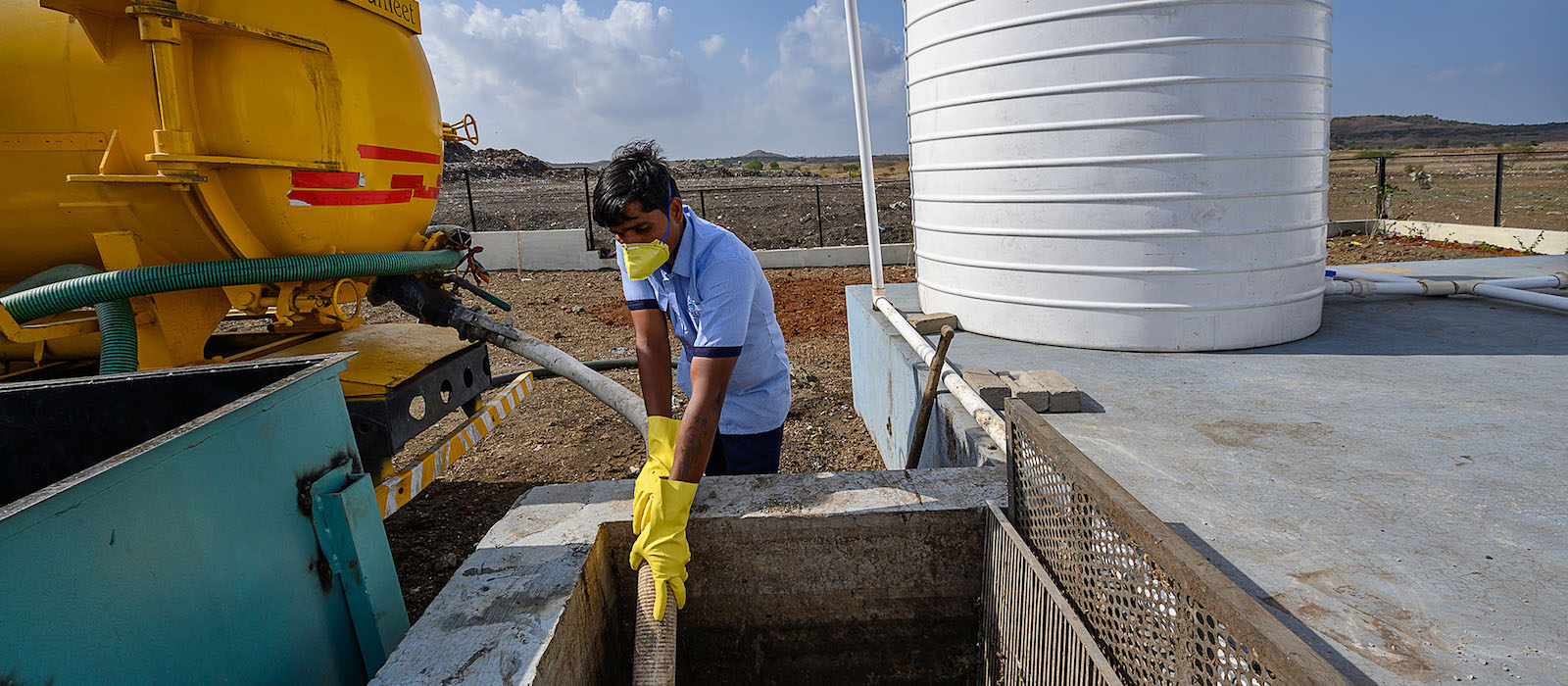
2018 – 2021| Funded by – HSBC | Demonstrating corporate role towards enhancing sanitation investments already made by the city. Support for sustaining ODF status and operationalizing ODF+/++ with activities for improved toilet coverage, monitoring desludging, FSTP enhancement, greywater and management of corpus funds.
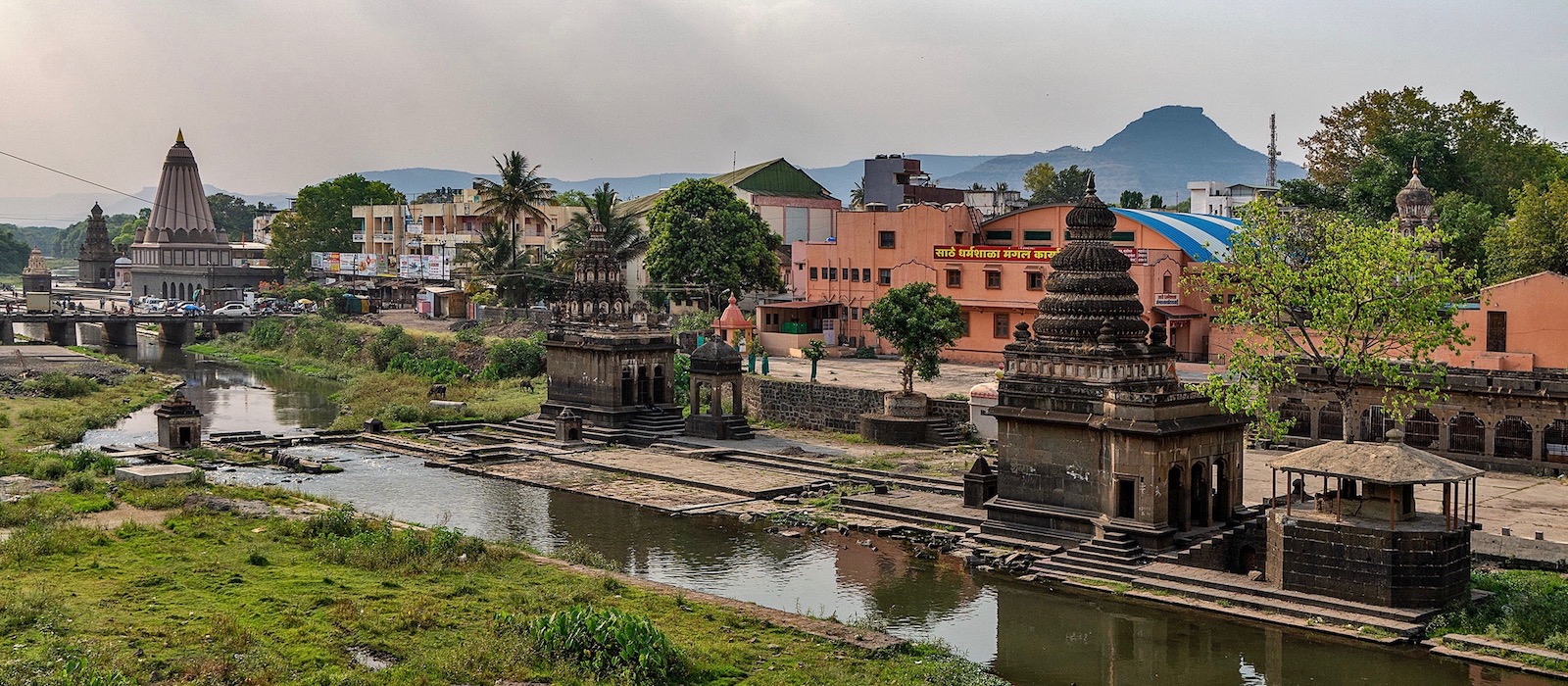
2018 – Ongoing | Funded by – BMGF | Demonstrating CWIS principles in Wai city as part of a global initiative. Wai has pioneered ‘scheduled desludging’ - providing inclusive service delivery across the value chain, particularly for low-income communities and carried out activities for mainstreaming gender and sanitation worker welfare.
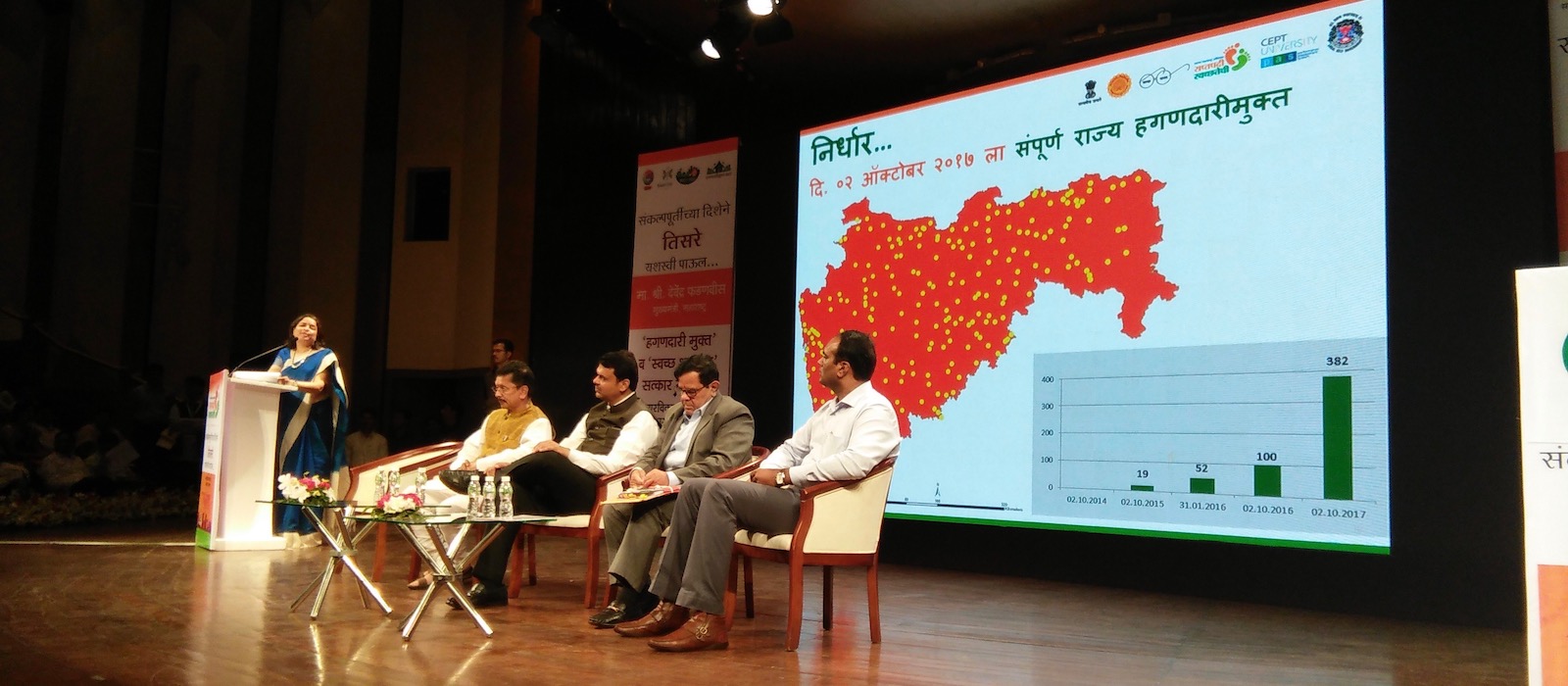
2019 – Ongoing | Funded by – BMGF | Support to the government of Maharashtra for state-wide faecal sludge and septage management and achieving ODF+/++ in all cities. CWAS is exploring citywide inclusive sanitation with activities for scaling up of scheduled desludging and gender mainstreaming in sanitation across the state.

2019 – Ongoing | Funded by – Indian Government’s Department of Science and Technology (DST) and the Netherlands Organisation for Scientific Research (NWO) | Addressing challenges of urban water systems with a water sensitive design framework in Bhopal, Bhuj and Kozhikode. CEPT is one of the 5 Indian consortia partners.

2019 – 2021 | Partner with - Piramal Foundation’s water initiative- Sarvajal | Knowledge partner for safely managed water solutions to address the underserved i.e “beyond the pipe”. A study was done to assess drinking water facilities in select slums of Nagpur and a Composite Water Vulnerability Index tool was designed to rank slums.

2020 – 2022 | Funded by – HT Parekh Foundation | Supporting Satara and Kolhapur cities implement citywide FSSM with special focus on slums. Activities included scheduled desludging of septic tanks in pilot zones, co-treatment at STP, FSTP expansion, setting up monitoring systems and developing the treatment plants as sanitation resource centres.

2020 | Funded by – Arghyam | Support to Sinnar city for providing community managed hand-washing facilities at critical locations during the Covid-19 pandemic.
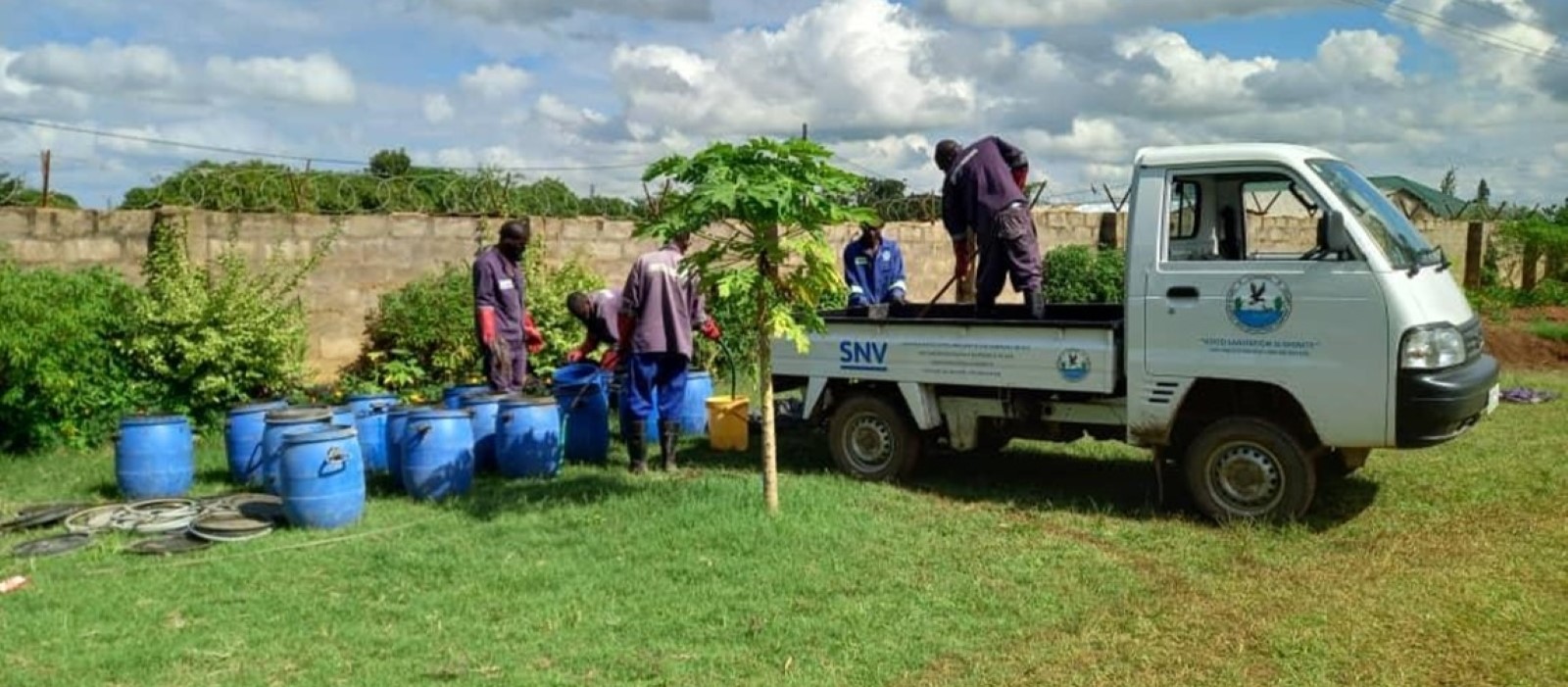
2021 – 2024 | Partner with Tiyende Sanicon Limited, Zambia for SNV, Zambia | Supporting the Lukanga Water and Sanitation Company in Zambia for a scheduled desludging pilot with the purpose of refining a citywide business model.
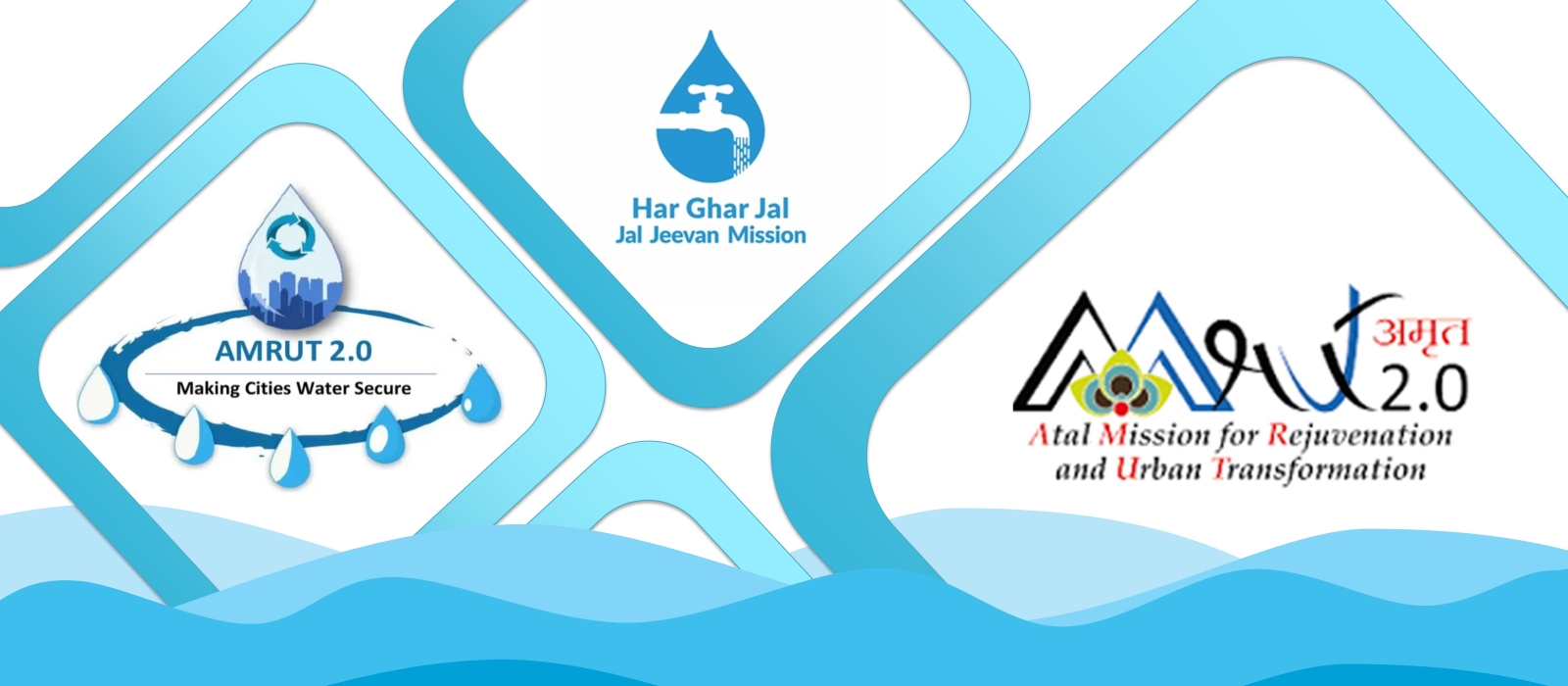
2021 – 2022 | Partner with– IPE Global supported by AfD | Providing domain knowledge for designing AMRUT 2.0 through guidance on the capacity building component, review of the water and sanitation sector and in designing field missions.

2022 | Funded by – ADB | Technical assistance to recommend data collection and monitoring systems for sanitation services in urban areas of Nepal in consultation with local partners and the Department of Water Supply and Sanitation.
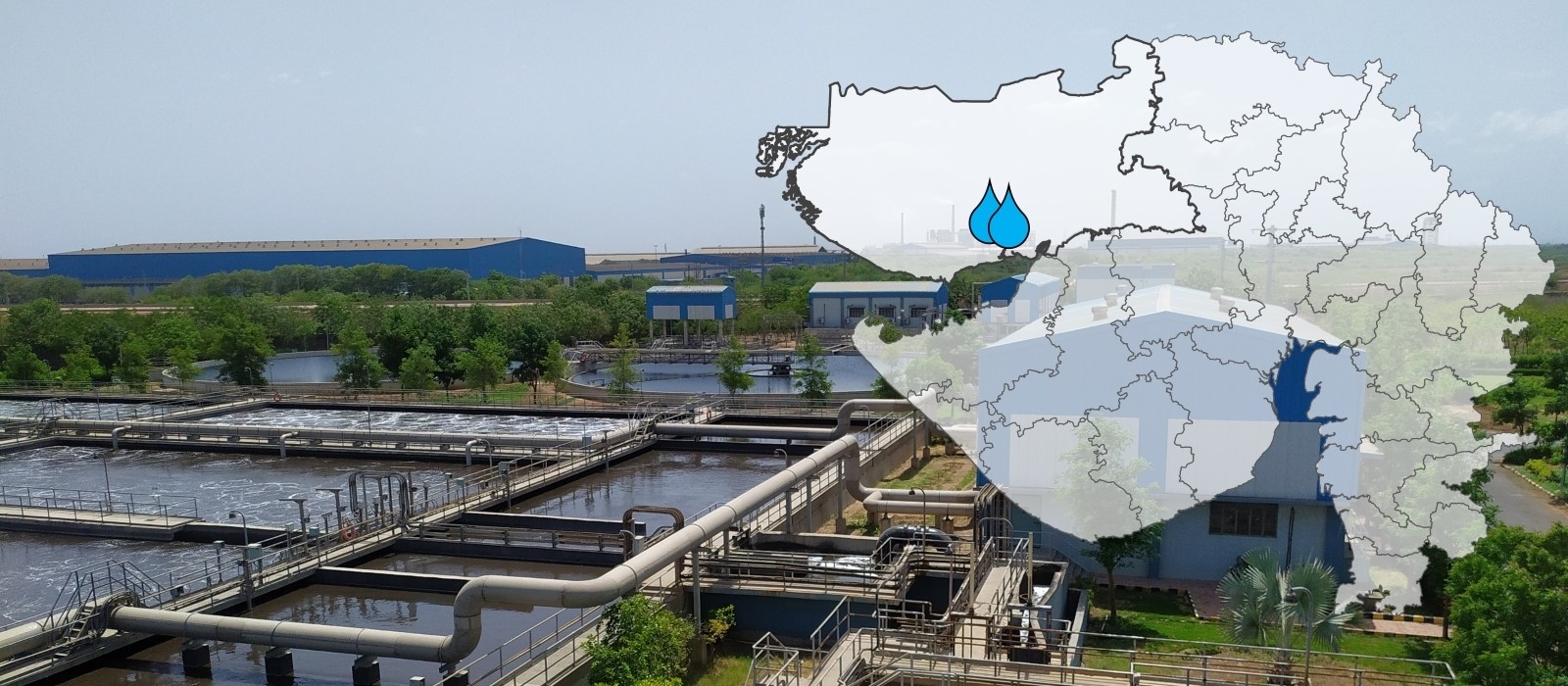
2022 – Ongoing | Funded by – Empowerment Foundation through Dasra | Supporting Anjar and Gandhidham in Kutch move towards water security through include citywide assessments and implementation of demonstration projects in partnership with the city governments.
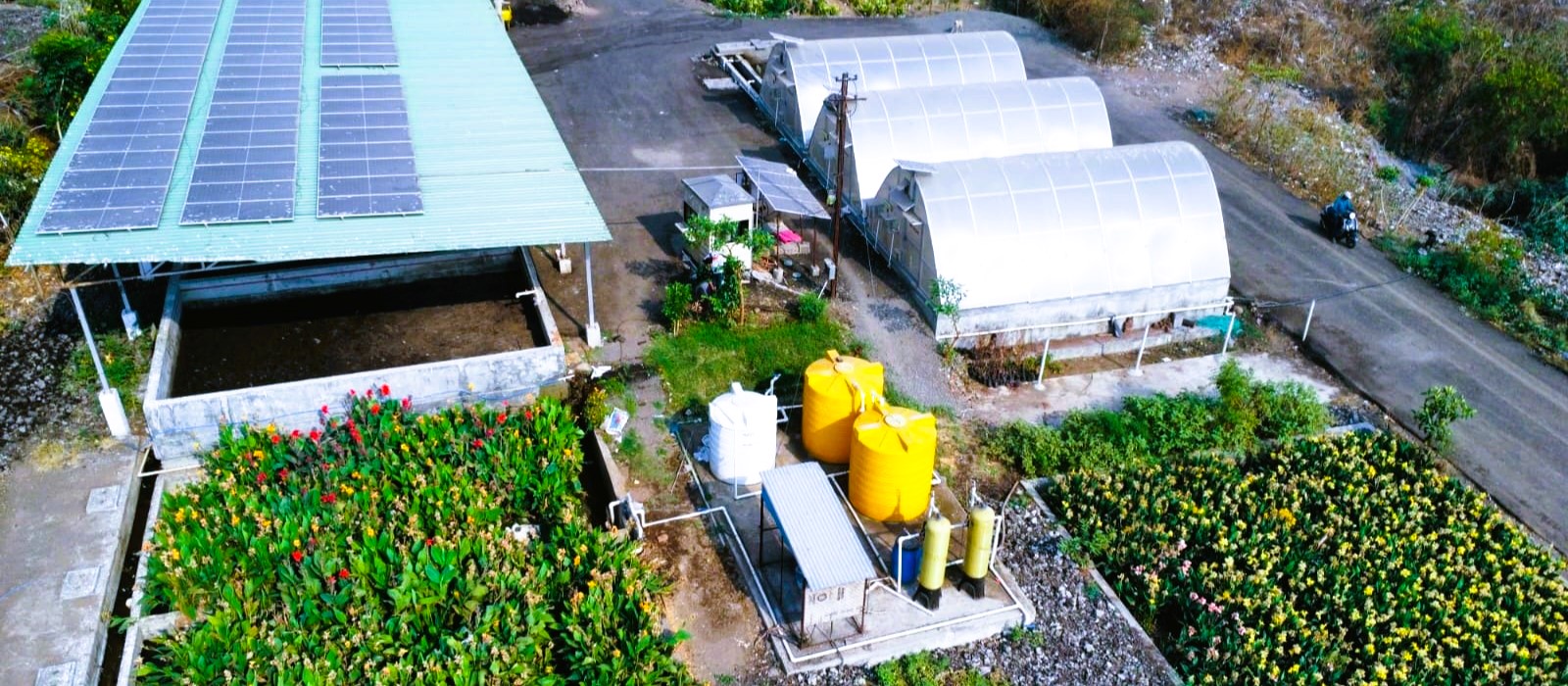
2022 – 2023 | Funded by – HT Parekh Foundation | Enhancing investments towards existing FSTP infrastructure with efficient dewatering units, energy neutral infrastructure, carbon sequestration (urban forest/landscaping), training facility and provisions for sanworker safety.
2022 – Ongoing | Funded by – HSBC | Implementing improvements across the WASH service chain through solar energy for operating water/wastewater networks and treatment, suction truck electrification, methane capture at treatment plants and carbon sequestration. CWAS has also signed a MoU for engaging with the department of Environment and Climate Change Department to develop action plans for climate responsive urban water supply and sanitation in cities of Maharashtra.
2023 | MoU with - Intellectuals Center funded by Stockholm Environment Institute Asia Center | Collaborating on regional policy initiatives in Nepal for community participation in attaining circular economy transition in solid waste sector.

2023 | Study for – MoHUA, Government of India | Assessment of household level tap connections and water supply services in 10 cities of Gujarat and Maharashtra, particularly in slum areas and low-income households.

Ongoing | Developing a creditworthiness assessment framework and tool for urban local bodies in India to assess and improve their municipal finances and operational performance. This will help get quick assessments and decide on potential of borrowing / investment as a precursor to time consuming and expensive credit rating processes.
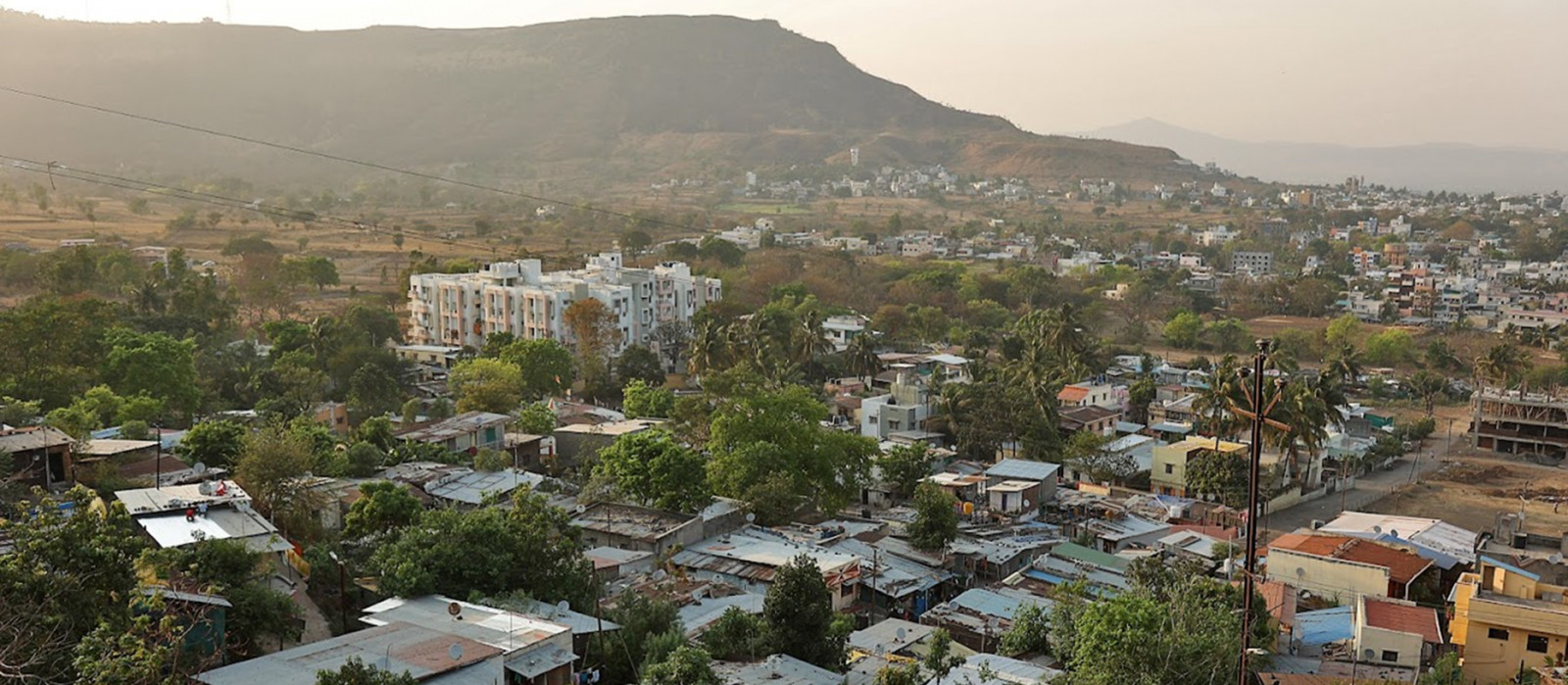
Ongoing | Partner with – PwC India | Developing an ESG assessment framework and rating system for cities in India. It envisages support to Indian cities to become ESG-ready and attract investments.
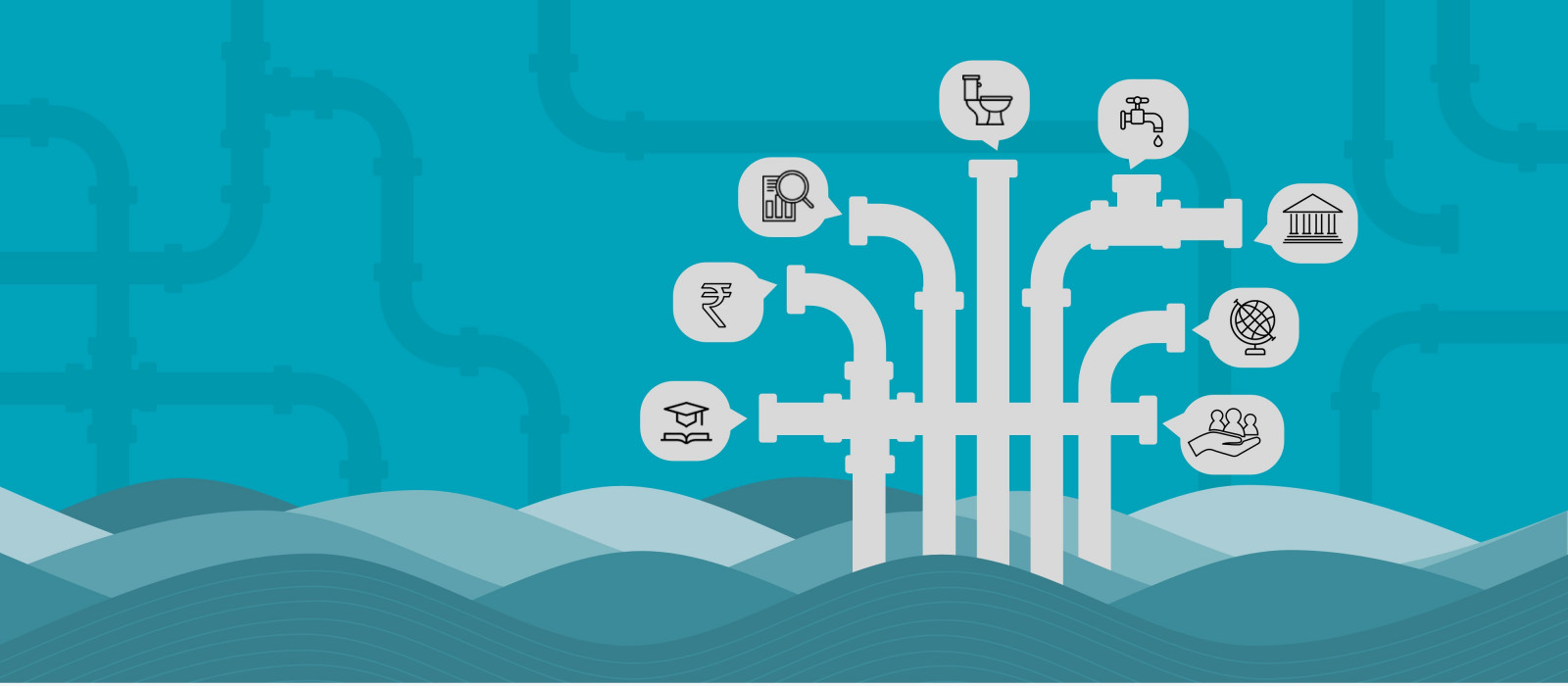
2023 – Ongoing | Funded by - ADB | Providing knowledge and technical assistance to mainstream CWIS in operations of the Asian Development Bank (ADB) and strengthen design and implementation of CWIS solutions in its developing member countries (DMCs).

2023 – Ongoing | Funded by - Government of Gujarat | CWAS is empaneled by MoHUA as a SKP and is supporting the Government of Gujarat by providing training to government officials for implementing the objectives of Swachh Bharat Mission 2.0. Training is being conducted for collectors, district development officers, mamlatdar, chief officers, elected representatives, sanitation workers and other city officials in all 33 districts of the state.

2024 – Ongoing | Funded by - HDFC Bank | The project aims to support 50 villages in 3 blocks of Palghar district in Maharashtra by engaging with communities and local governments.

2024 | Funded by – TetraTech and USAID | Working with villages in Satara/Sangli districts to develop and implement rural FSSM business models in consultation with state and district officials. This will also demonstrate urban-rural convergence and enable scaling-up.

2024 – Ongoing | Funded by - Viega Foundation | Strengthening capacity of local governments and communities in Gujarat towns for climate resilience and sustainable wastewater and solid waste management. Bridging existing service gaps, building resilience in infrastructure,strengthening local finances, community engagement, empowering vulnerable populations.
.jpg)
2024 – Ongoing | Funded by - Google through AVPN | Making use of machine learning to train models for recognizing satellite imagery and carbon calculations. The project aims to address broader urban planning issues with lake management

2024 – Ongoing | Funded by - Global Mehtane Hub | Action-research across the sanitation value chain for generating evidence and creating awareness towards the methane mitigation potential of the wastewater sector by introducing scalable technologies and practices leading to policy interventions for climate-sensitive wastewater management services.